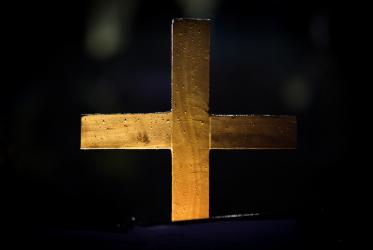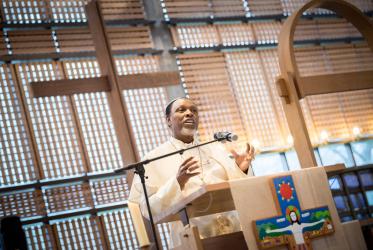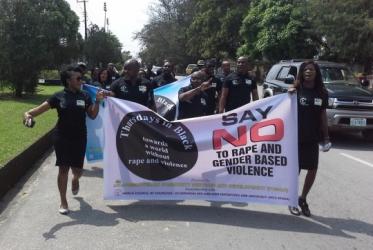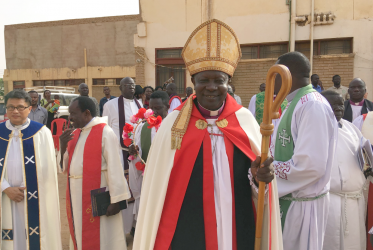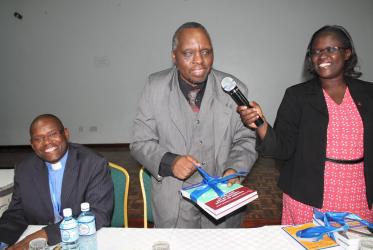Displaying 41 - 60 of 82
04 September 2019
WCC expresses concern, solidarity with people of Sudan
12 April 2019
In Nigeria, Thursdays in Black is flourishing
26 March 2018
Walking together against hatred and violence
26 February 2018
Sudan declared new Anglican province
31 July 2017
WCC general secretary mourns lost lives, calls for end to violence
11 December 2016
New theological materials offer fresh perspective on disabilities
08 December 2016
New Executive Committee members elected in Trondheim
28 June 2016

